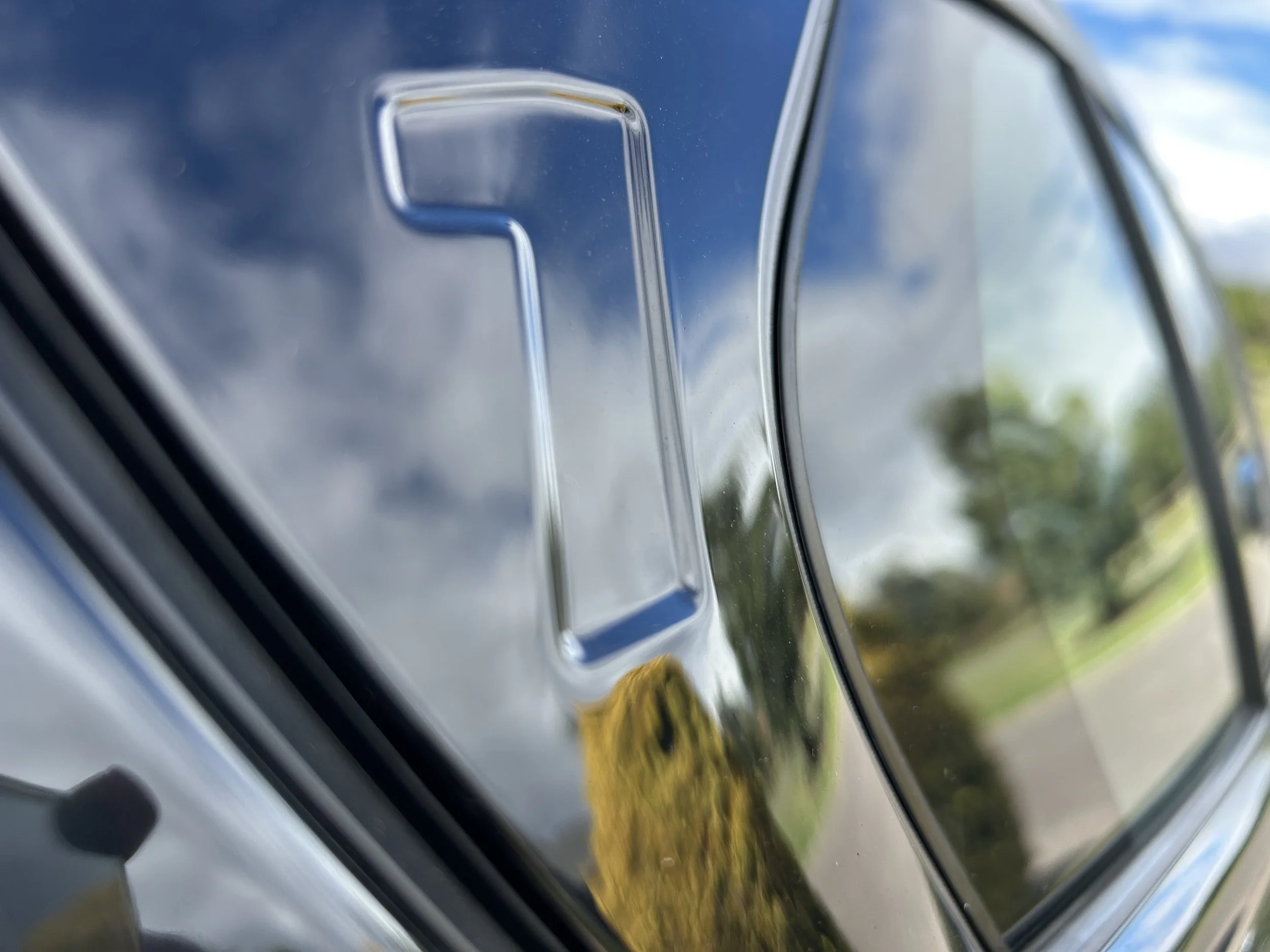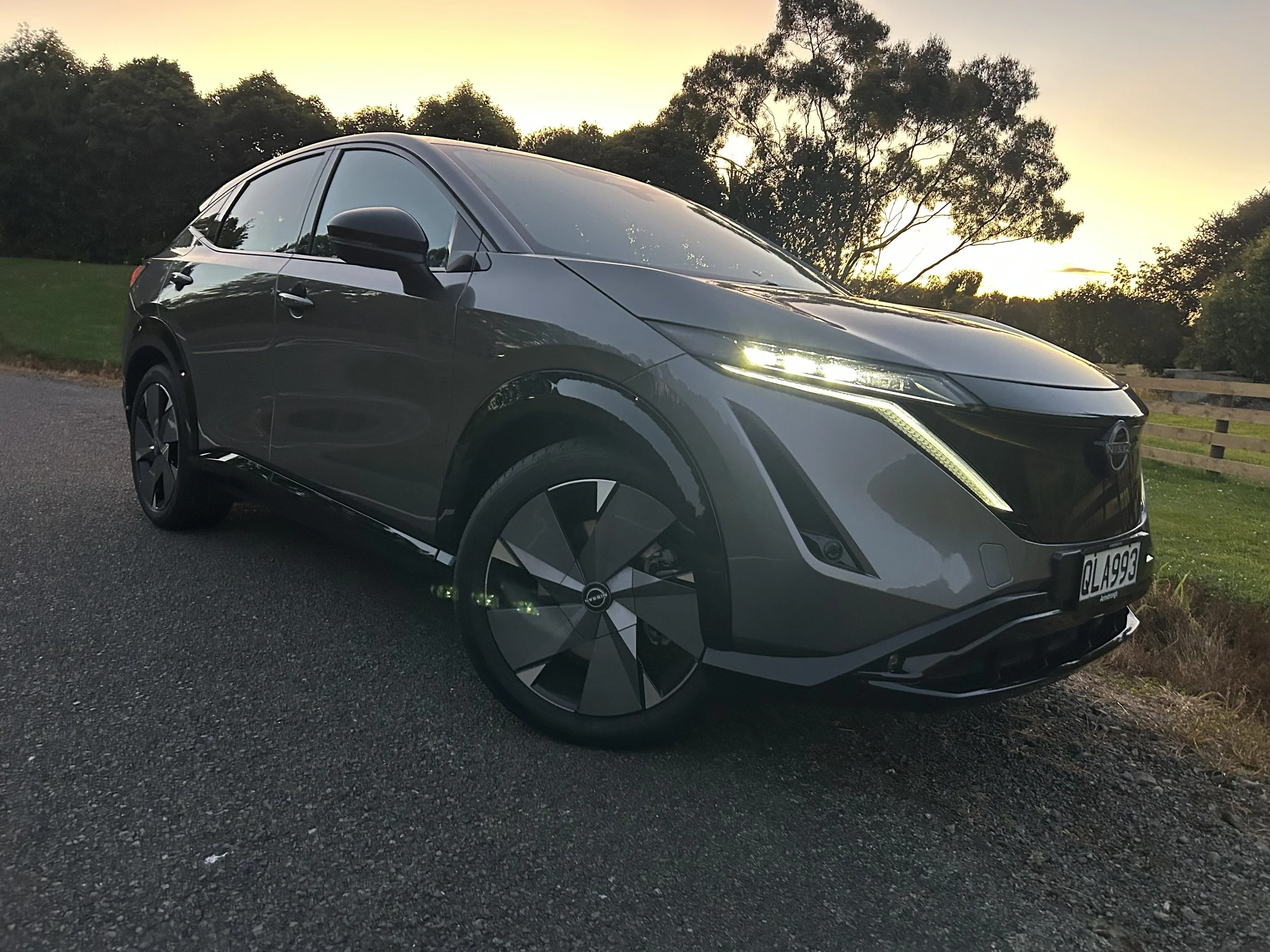Kona highlighted in Euro NCAP safety spray
/NZ-fresh model has copped an imperfect cast test result.
CRASH testing agency NCAP has saved its harshest words for a new compact Hyundai just launched in New Zealand when voicing concern about about the increasing weight of new vehicles as a ‘safety concern’.
The latter is particularly aimed at sports utility vehicles and electric models and has been shared following its final crash tests of 2023.
Eleven cars were put to the wall by the independent operation, which is a sister organisation to the Australasian New Car Assessment Programme, which is part-funded by the New Zealand Government and other NZ agencies and whose scores are considered the national standard.
ANCAPhas just renewed its ties with Eco NCAP and uses ratings from European crash tests for some vehicles sold here and in Australia. It seems probable the findings for the SUVs just tested in Germany will hold here.
Euro NCAP tested the BYD Seal U - a sports utility edition of the same-named sedan just launched here - and other recent arrivals the Kia EV9, the Mercedes-Benz EQE SUV, the Honda ZR-V and the Hyundai Kona. A China-made XPeng 9, which doesn’t sell here, was also evaluated, and Vietnam’s VinFast 8
The Kona, which came on sale here just weeks ago, was one of two sold here to miss out on achieving the maximum five star score and instead be meted a four star result - the other being the Honda ZR-V - and also placed last out the group.
European NCAP said in a statement Hyundai's second-generation Kona (above) came close to receiving a lowly three-star crash rating.
Euro NCAP said that while the ZR-V fell just below the thresholds required for a maximum score, the Kona's performance was a “real disappointment”.
“(The Kona) scrapes by with four stars, (but) in reality (is) lucky to avoid three stars," said Euro NCAP in its accompanying release.
“This result is due to its substandard test performance, especially in driver assistance and crash avoidance.
“Hyundai has made the car larger and its interior bigger to compete within its class, but the company should not assume that its customers are content with a level of safety which lags behind its competitors.”
Euro NCAP has also cited the increasing weight of new cars, not least electric models, as a worry.
“Of the 11 new cars rated, only three weigh less than two tonnes,” it said.
“In the context of COP28, it would appear encouraging that the majority of these are EVs, but this release highlights a concerning trend in consumer demand for heavier, more powerful, and taller cars that not only put other drivers at risk but also have an adverse effect on the environment,” it said.
Euro NCAP secretary general Michiel van Ratingen also dismissed previous suggestions that NCAP, and other safety bodies globally, were responsible for increasing vehicle weight through mandating the latest safety technology.
“The increase in vehicle weight we see nowadays is certainly not safety-related – it is down to consumer preference for larger vehicles and to electrification,” he said.
He identifies SUV popularity as feeding the issue.
“This is a trend that helps neither safety nor the environment: big, heavy cars are generally less energy efficient than small, light ones, and there is a safety concern when those two types of vehicles collide or, worse, when vulnerable road users are involved.”
Hyundai NZ has made no public comment about the Euro NCAP outcome.



















